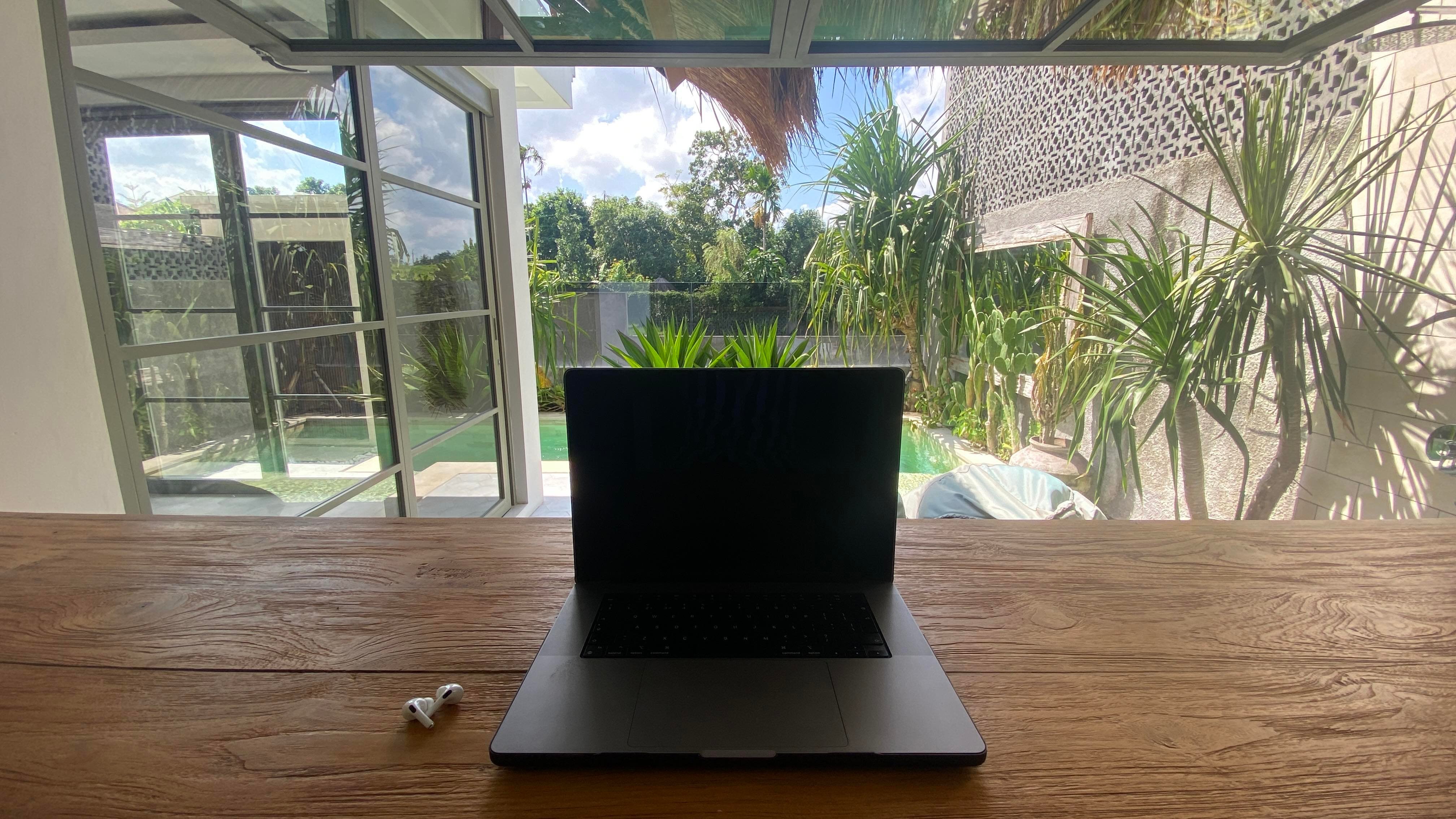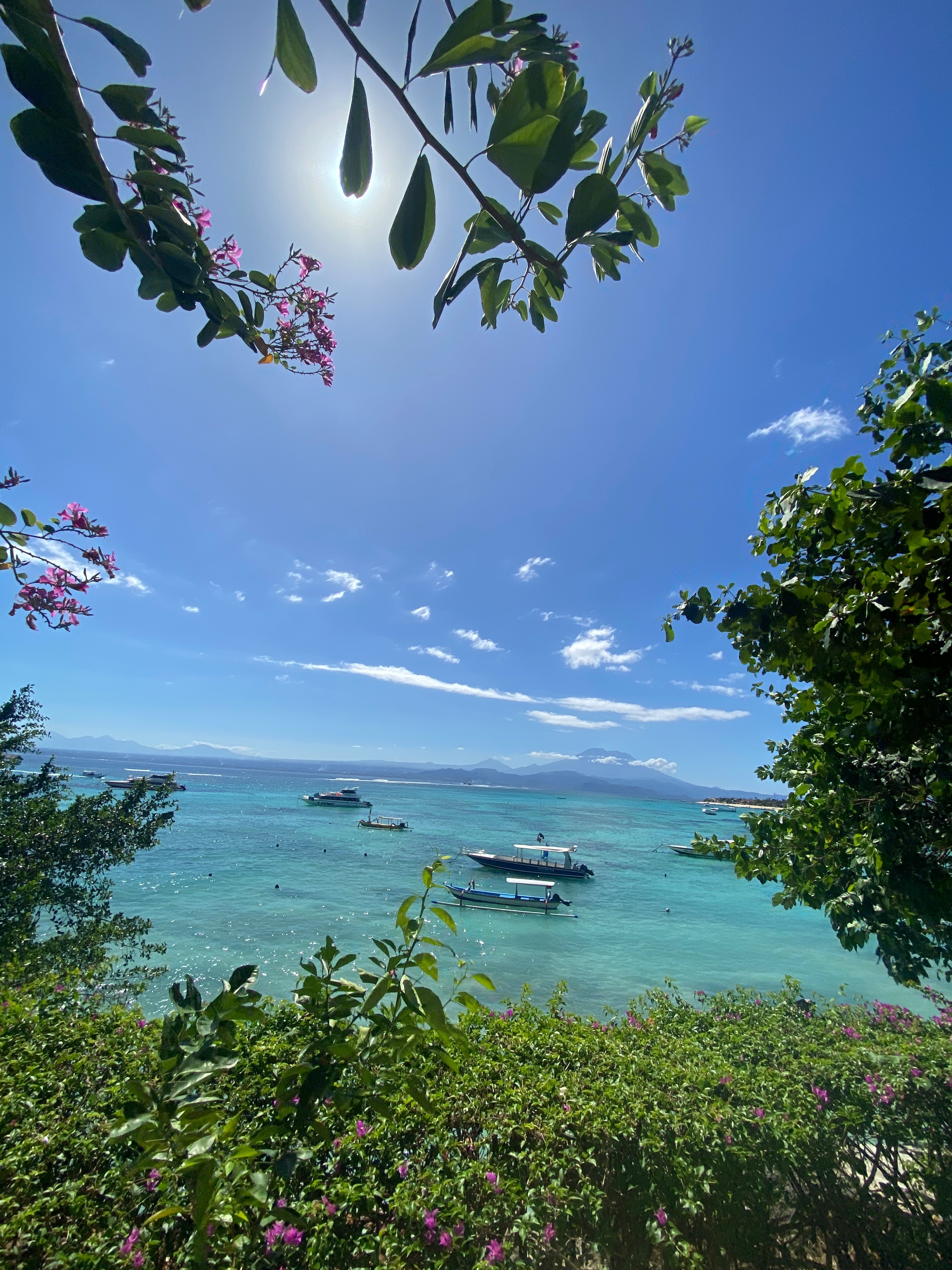
Working from anywhere with Reddico: Bali, Indonesia
When Reddico announced the work-from-anywhere policy and encouraged the team to make the most of opportunities to travel, it inspired me to look at the places I could work remotely and enjoy a new pace of life.
My partner had her heart set on returning to Bali since travelling there years ago. With Reddico’s support, it was a no-brainer to take full advantage and create lifelong memories spent living in another country. I realised the chance to work from abroad wasn’t to be missed – I was in a fortunate position to take it up.

How Reddico dealt with it
It felt no different to taking traditional annual leave. I informed my team months in advance, then shared my intentions with directors and, later, the rest of the company. Reddico’s values of trust, freedom and transparency allowed me to make the decision without jumping through hoops and getting sign-off from other people.
Within the software team, we had an honest conversation about the impact of working remotely, dealing with time zone differences, and managing my workload and ongoing projects. We have a robust framework for managing personal workloads and setting expectations, plus we’re a remote-first company. The framework for working anywhere was already there for me to use.
Simply put, I could maintain my workload and continue to deliver quality development to Reddico’s projects while travelling. Of course, there was going to be a slight disruption to timelines as I took occasional days and weeks off to explore islands, take excursions, and settle into new places, but this is no different to taking annual leave in the UK. I wanted to ensure I took the time to enjoy the experience and strike a good work-life balance.
 Boat trip to snorkel with manta rays
Boat trip to snorkel with manta rays
Advice I’d give
Don’t be too hasty to set up and start working. Take holiday days to settle into new areas and experience new things.
Make plans for your weekends.
Take advantage of the time difference. On occasions I was able to use the daytime to enjoy the good weather and the beaches, then I worked in the evenings. This matched up better with the rest of the team in the UK.
Take advantage of finding some wonderful places to stay, be it luxury resorts or AirBnbs. It was great to be able to treat ourselves to weekend breaks in some breathtaking places. This helped to break up the monotony of working from the same hotel room or villa.
Visit your accommodation in advance to see if it lives up to your expectations and check out the area. Ensure you have somewhere you can focus, like a desk or even a separate office, with good wifi available. You can also find co-working spaces, but these can be an additional cost if you’re on a budget. A good alternative is a cafe or restaurant with a decent wifi connection – they’re usually happy for you to set up if you order drinks and snacks throughout the day.
Be honest and upfront with your team to manage expectations, delivery dates, and your availability. I’m fortunate to be part of a team that encouraged me to take time away from work and really focus on enjoying the experiences available to me in Bali. I really appreciated this support.
Research VISA requirements and costs. Find a reliable agency to manage your visa application if you are travelling for a longer period of time or plan to fully expatriate to another country. Some countries offer a nomadic VISA that allows freelance workers residency in their countries, with certain benefits such as tax-free income status.
There are times when you need to focus and avoid distractions. But when you're working remotely, it's easy to feel like it's one big holiday. In some countries, eating out every day becomes easy to do. And whilst going out to enjoy lunch at a cafe or restaurant is a great way to take a break and move away from the screens, it's important to keep these trips somewhat brief and not catch yourself on a three-hour lunch break. This can disrupt your working pattern.

Nusa Lembongan island, the view from the roadside on our daily scooter journey
What I’d do differently
Commit to a solid two weeks off to begin with. I only took a few days and could have done with more time to settle in and get to know the area.
Spend more time abroad. I very much enjoyed the pace of life and culture in Bali. It’s a beautiful place unlike anywhere in Europe. If it wasn’t for the limitation of using a tourist visa, I would very much have liked to have spent a month or two more there.
Make more effort to network with other people working remotely. My partner and I were lucky enough to know some friends of friends who really welcomed us and introduced us to other expats. But it would have been interesting to have got to know more people working in similar tech fields, and got an understanding of how they transitioned to working nomadically.
Learn more of the local language. I found Balinese a difficult language to understand, due to it being a very different dialect and unique alphabet compared to English. However, beyond grasping “please” and “thank you”, I would have liked to have been able to use some Balinese phrases and better interact with non-English speakers.
Plan in advance to make the most of the weekends. We mostly went with the flow and enjoyed a very relaxed pace of life during our time in Bali. While it was a wonderful experience taking each day as it came, we made sure to try our best to plan activities for the coming weekend. Posters and billboards for events and art festivals were a good way of knowing what’s going on locally, as was striking up conversations with fellow travellers and finding out their favourite things they’d done.
Sign-up to Reddico News
To keep up-to-date with the latest developments in the world of SEO, our insights, industry case studies and company news, sign-up here.




